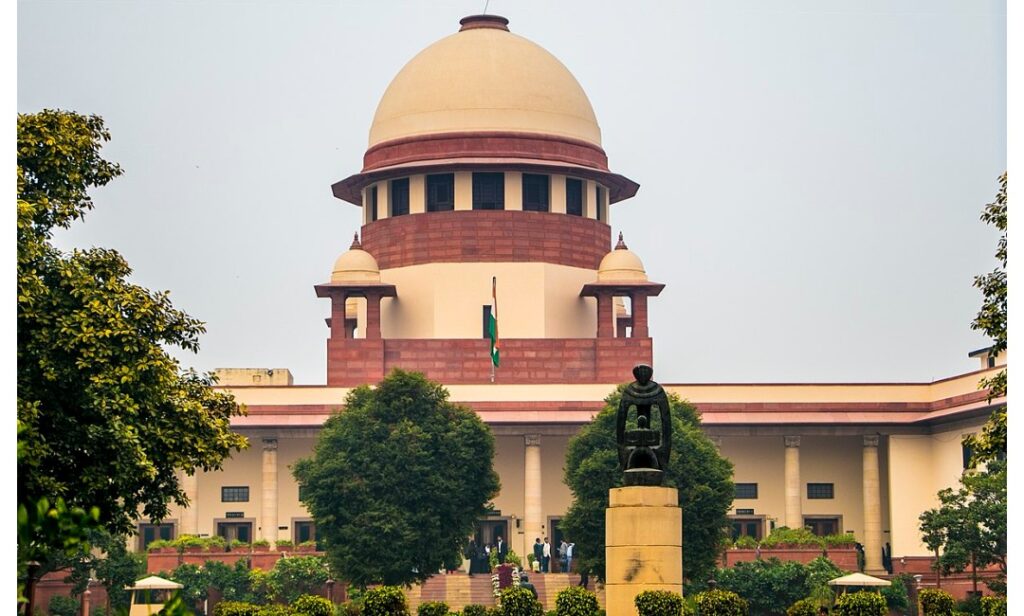Shahin Akhtar
On 16th April, 2025 the Supreme Court has made it clear that any cash payment of ₹2 lakh or more in property transactions cannot go unnoticed. In a significant ruling, the Court directed trial Courts and sub-registrars to immediately inform the Income Tax Department if such payments are recorded in sale deeds or other related documents.
The order came from a Bench of Justices J.B. Pardiwala and R. Mahadevan, who said that once a cash payment above the threshold is disclosed in property registration papers, the sub-registrar must alert tax officials without delay. The Income Tax Department can then verify the details and, if necessary, take action in accordance with the law.
Section 269ST of the Income Tax Act prohibits any person from accepting ₹2 lakh or more in cash in a single payment, in multiple payments on the same day, or in connection with a single transaction or event. Violating this provision attracts a penalty equal to the amount received in cash.
The Court underlined that officials must be held accountable for non-compliance. It ruled that if the Income Tax Department later uncovers such transactions during inquiry or assessment, the lapse of the registering authority should be reported to the state’s Chief Secretary. The Chief Secretary would then be responsible for initiating disciplinary action. This ensures stricter monitoring and responsibility among officers.
Senior advocate Abraham Mathews, who appeared in the case, said that while the decision may be effective in curbing cash dealings in real estate, it could have unintended consequences. He pointed out that buyers, even though not legally liable for penalties, might hesitate to approach courts in disputes for fear of scrutiny over the source of their money.
Experts added that courts earlier tended to overlook disclosures of cash payments in property cases, but the new ruling marks a shift towards strict compliance.
The judgment was delivered in a property dispute involving Bengaluru-based RBANMS Educational Institution. The Court underlined that while ignorance of facts may sometimes be excusable, ignorance of the law is not, a principle it said must guide all such transactions.
Case Name: The Correspondence Rbanms Educational Institution v. B Gunasheka
Case No.: CA No. 5200 of 2025
Bench: J.B. Pardiwala and R. Mahadevan
Click here to access the order
Instagram: Click here
LinkedIn: Click here

